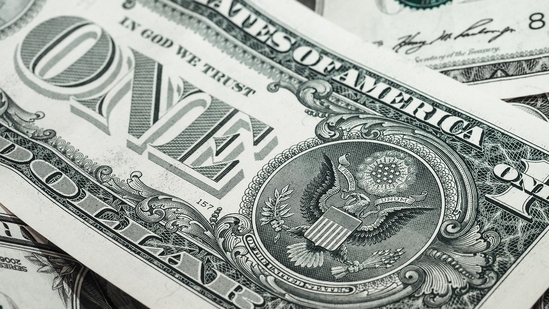Got a Huge Tax Refund? Here’s Why You Might Be Losing Money
Tax season is here, and many Americans are feeling a sense of pride after receiving their tax refunds. After all, it can be exciting to get a big check from the government. But before you celebrate too much, it’s important to understand one thing: that tax refund might not be something to cheer about. In fact, for many, it could be considered an interest-free loan to the government.
How Do You Get a Tax Refund?
When you file your taxes, your refund happens because you’ve paid more than what you owe. This often happens through automatic payroll deductions where too much is taken out of your paycheck throughout the year. After filing your taxes, the IRS checks your tax liability and sends you back any extra money you paid.
In 2024, the average American tax refund was around $3,200. While it may feel like a financial bonus, it’s important to realize that this is money you overpaid during the year. And while it feels nice to get that check, you could have used that money throughout the year to help your finances.
The Downside of Getting a Big Refund
Getting a large refund might feel good at first, but it’s actually a sign that you’ve been overpaying on your taxes. Think of it like giving the government an interest-free loan for an entire year. Instead of having your own money to spend, save, or invest, the government gets to use it for free.
“Many people don’t realize that by withholding too much from their paycheck, they’re missing out on opportunities to use that money for other things,” said Anna P. Clark, a certified financial planner. “That money could have gone toward paying off debt, building an emergency fund, or growing your savings.”
For example, if you’re withholding an extra $200 each month and get a $2,400 refund, that’s money that could’ve helped you make smarter financial moves during the year—like investing or saving for a rainy day. Instead, it’s sitting with the IRS until tax season.

How Can You Keep More of Your Money?
Instead of waiting for that big tax refund, experts recommend adjusting your withholding. By ensuring you’re not overpaying, you can keep more of your money in your paycheck throughout the year.
The IRS offers an online calculator to help you figure out the right amount to withhold, or you can talk to a tax professional to make sure your withholding is on track. This way, you’ll have more cash in hand month-to-month, which means you can invest it, pay off debt, or save for future goals, rather than waiting for a lump sum from the IRS.
Remember, that refund is just your own money that’s been sitting with the government. It’s important to use that money wisely and avoid waiting for the IRS to return it to you with no interest.
Conclusion
While tax season may seem like a reason to celebrate, a large refund often means you’ve overpaid all year long. Rather than treating that refund like a bonus, it’s really an opportunity lost to use your money in more effective ways. With a little planning, you can keep more of your hard-earned cash throughout the year—and avoid giving the government an interest-free loan.


Comments are closed, but trackbacks and pingbacks are open.